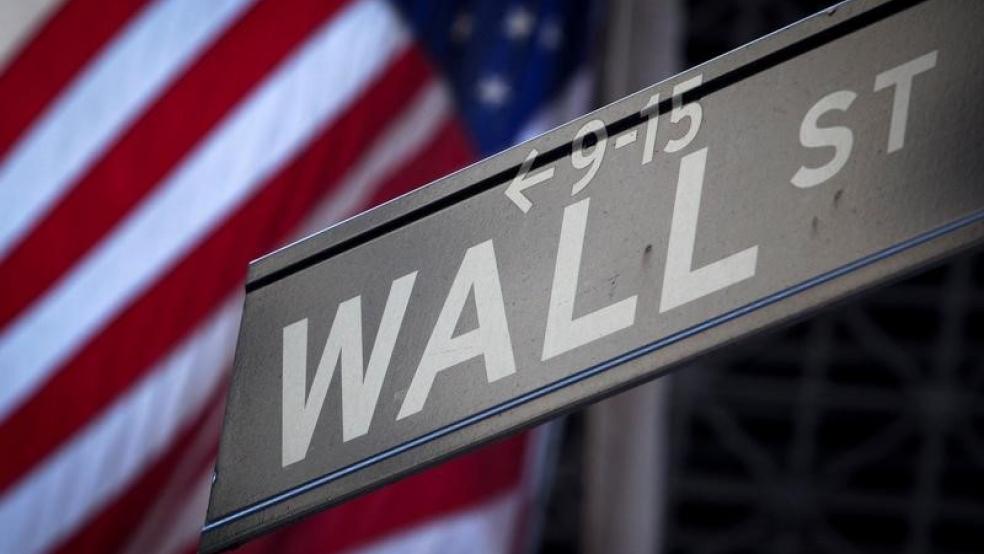Big banks have been making such arguments for years, but the industry's influence waned significantly in Washington after the financial crisis. The Obama administration's regulators and enforcement agencies have been tough on banks, while lawmakers from both parties have seized opportunities to slam Wall Street to score political points.
Banks now see opportunities to unravel reforms under President-Elect Donald Trump's administration and the incoming Republican-led Congress, which appear more business-friendly, lobbyists said
Related: 5 Risks Investors Face in 2017
While an outright repeal of the Volcker rule may not be possible, small but meaningful changes tucked into other legislation would still be a big win, they said.
"I don't think there will be a big, ambitious rollback," said one big-bank lobbyist who was not authorized to discuss strategy publicly. "There will be four years of regulatory evolution."
Proponents of the Volcker rule say lenders that benefit from government support like deposit insurance should not be gambling with their balance sheets. They also argue such proprietary bets worsened the crisis and drove greedy, unethical behavior across Wall Street.
Bankers intend to counter that proprietary trading had little to do with the root causes of the crisis. They say Volcker is inherently flawed because it can be challenging to tell whether a trader is speculating or filling customer demand.
Related: What a Trade War With China Could Do to the Economy
As the industry begins a fresh lobbying push, watchdogs say they are worried about big banks going back to a casino-like past.
"Wall Street is salivating at their reversal of fortune,” said Dennis Kelleher, CEO of Better Markets, which pushes for tighter financial regulation. “If you get to keep profits and stick taxpayers with the losses, why not?"
Changing the rule through Congress would require 60 votes in the Senate, including support from at least eight Democrats. Lobbyists say they intend to court business-friendly Democrats like Joe Manchin in West Virginia, Heidi Heitkamp in North Dakota, Joe Donnelly in Indiana, Jon Tester in Montana, and possibly Angus King in Maine.
However, Senators on the left like Elizabeth Warren in Massachusetts and Bernie Sanders in Vermont, loud and frequent critics of Wall Street, could pressure anyone who supports a law that helps big banks.
“It's dangerous to consider any effort to modify or repeal Volcker in isolation of a larger package of banking reforms,” said Mark Chorazak, who specializes in financial regulation at law firm Simpson Thatcher & Bartlett LLP. “Even if there is strong support to amend, it may take a lot of time to play out.”
In particular, banks want to reverse language in the final Volcker rule that assumes all trades are proprietary unless banks can prove otherwise, lobbying sources said.
Banks also want to clarify language that instructs them to hold only enough securities to satisfy "reasonably expected near-term demand" from customers.
In making arguments to roll back the rule, bankers and lobbyists plan to avoid talk of industry profits. Instead, they intend to lean on the idea that Volcker is reducing market liquidity, thereby hurting companies, investors and the economy.
As Tom Quaadman, executive vice president at the U.S. Chamber of Commerce's Center for Capital Markets Competitiveness, put it in an interview, Volcker needs to change "so businesses can get started, grow, and create well-paying jobs."


